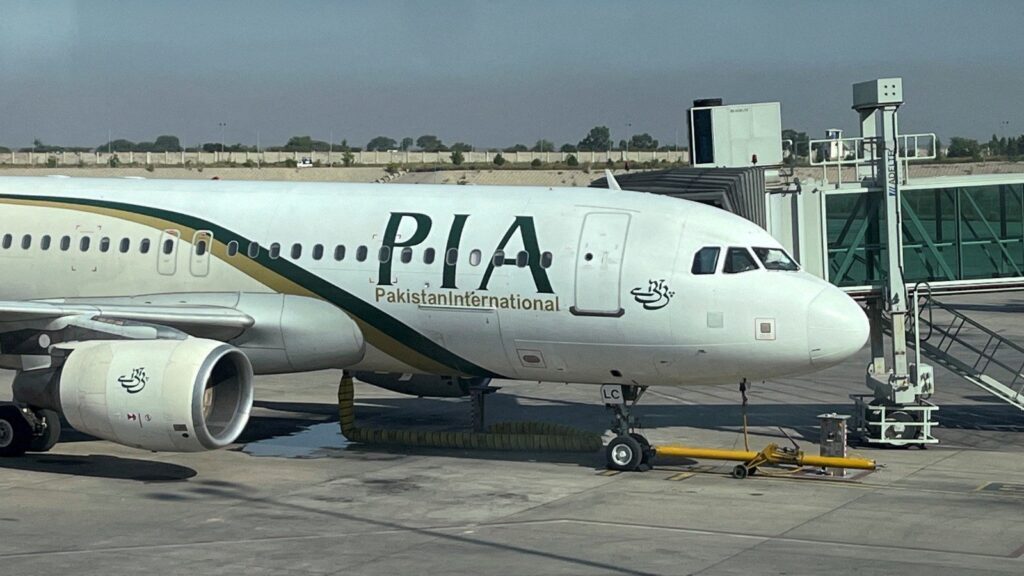Only Blue World City participated in the bidding, making an offer well below the Rs85b minimum price set by the govt

By our correspondent
ISLAMABAD: The final bidding process for the privatisation of Pakistan International Airlines (PIA) concluded with disappointing results, as only one bid was submitted, valuing a 60% stake in the national carrier at a mere Rs10 billion. This figure falls significantly short of the government’s set minimum price of Rs85 billion, leaving the future of PIA’s privatisation in question. The Privatisation Ministry announced that six groups had been pre-qualified for the bidding, but only Blue World City, a real estate development company, chose to participate.
Amid a pressing economic landscape, Pakistan is keen to divest a 51-100% stake in the beleaguered airline to generate funds and reform state-owned enterprises, a key requirement under a $7 billion agreement with the International Monetary Fund (IMF). The Privatisation Commission has urged Blue World City to align its bid with the minimum price, but the company’s chairman, Saad Nazir, remained firm in his stance, stating, “We wish the government all the best if they don’t want to accept our bid.” Nazir further articulated that increasing the offer would not be commercially viable, indicating a lack of confidence in the valuation placed by the government.
He also suggested that if the bid were not accepted, Blue World City would consider starting its own airline, casting doubt on the viability of the government’s financial model for PIA, which he described as riddled with “significant leakages.” This sentiment reflects broader concerns regarding the government’s capability to honour agreements related to the airline, particularly as the cabinet deliberates on the singular bid.
Market analysts are apprehensive about the ramifications of this failed bidding round. Mohammed Sohail, CEO of Topline Securities, indicated that the stark disparity between the bid and the government’s reference price necessitates a reassessment of the privatisation strategy. In a climate where potential investors are wary, several groups that opted out of the bidding cited concerns over the government’s long-term policy stability and commitment to contractual agreements.
The fragility of the current political coalition, led by Prime Minister Shehbaz Sharif, further complicates the situation. Previous administrations have shied away from privatisation due to its unpopularity, particularly given the anticipated layoffs that would accompany any restructuring of PIA. This caution is underscored by the recent government termination of power purchase contracts with private companies, raising alarms about the sanctity of investments in Pakistan.



